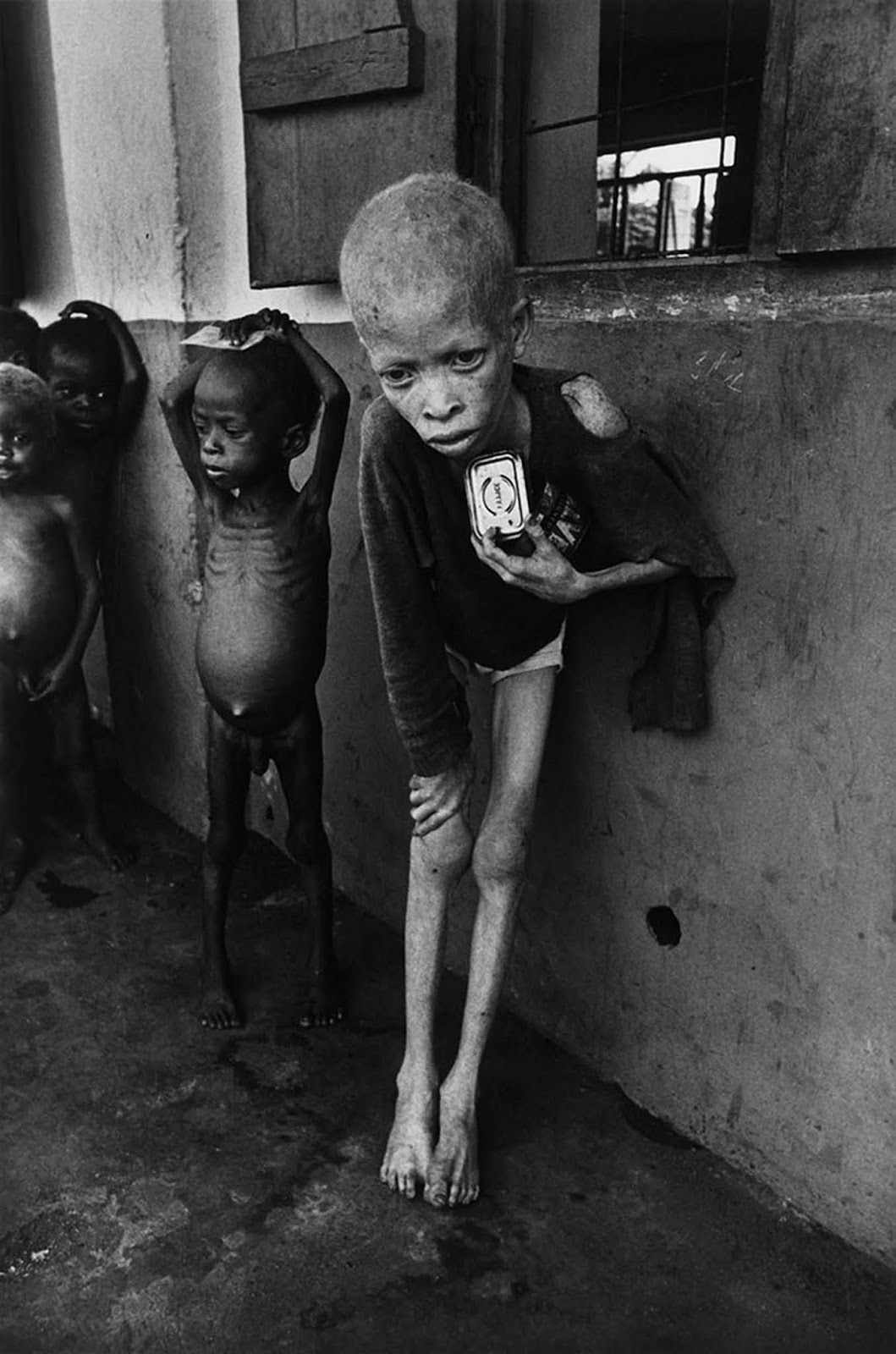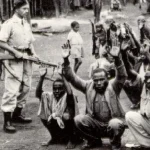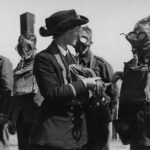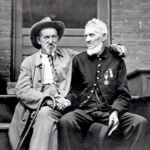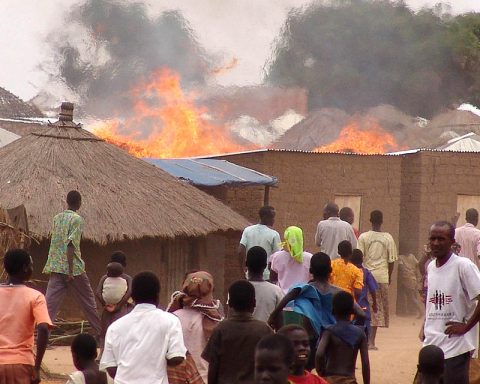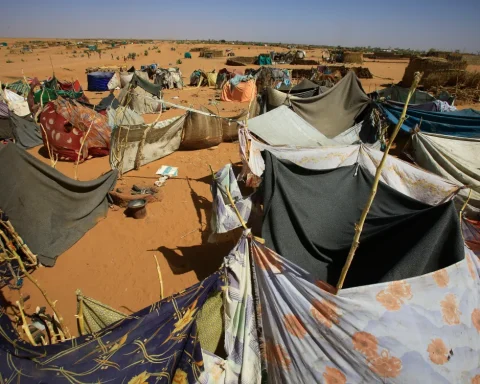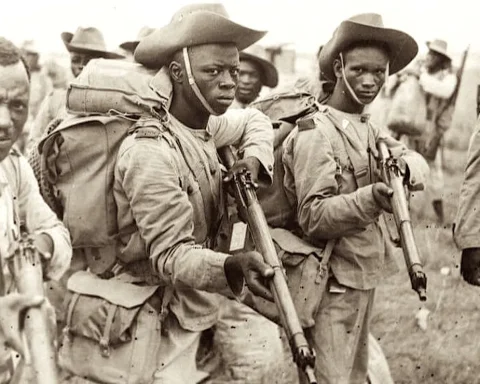Few people are familiar with Biafra, a little country in western Africa that broke away from Southern Nigeria in 1967 before being retaken in less than three years. Images of the widespread famine and disease that may have killed millions of people allowed a large portion of the world to grasp the magnitude of that brief fight.
None were as effective as the photograph of a 9-year-old albino youngster taken by British Military photographer Don McCullin.
“To be a starving Biafran orphan was to be in a most pitiable situation, but to be a starving albino Biafran was to be in a position beyond description,” McCullin wrote.
This photograph greatly swayed public opinion, pressed governments to act, and resulted in enormous airlifts of food, medicine, and armaments. “Dying of starvation, he was among his peers an object of ostracism, mockery, and insult.” In McCullin’s words, such bleak depictions might “destroy the hearts and spirits of secure people.”
Even though the focus of the public eventually shifted, McCullin‘s work left a lasting legacy: he and other conflict witnesses served as the impetus for the founding of Doctors Without Borders, an organization that provides emergency medical assistance to those affected by War, epidemics, and disasters.

